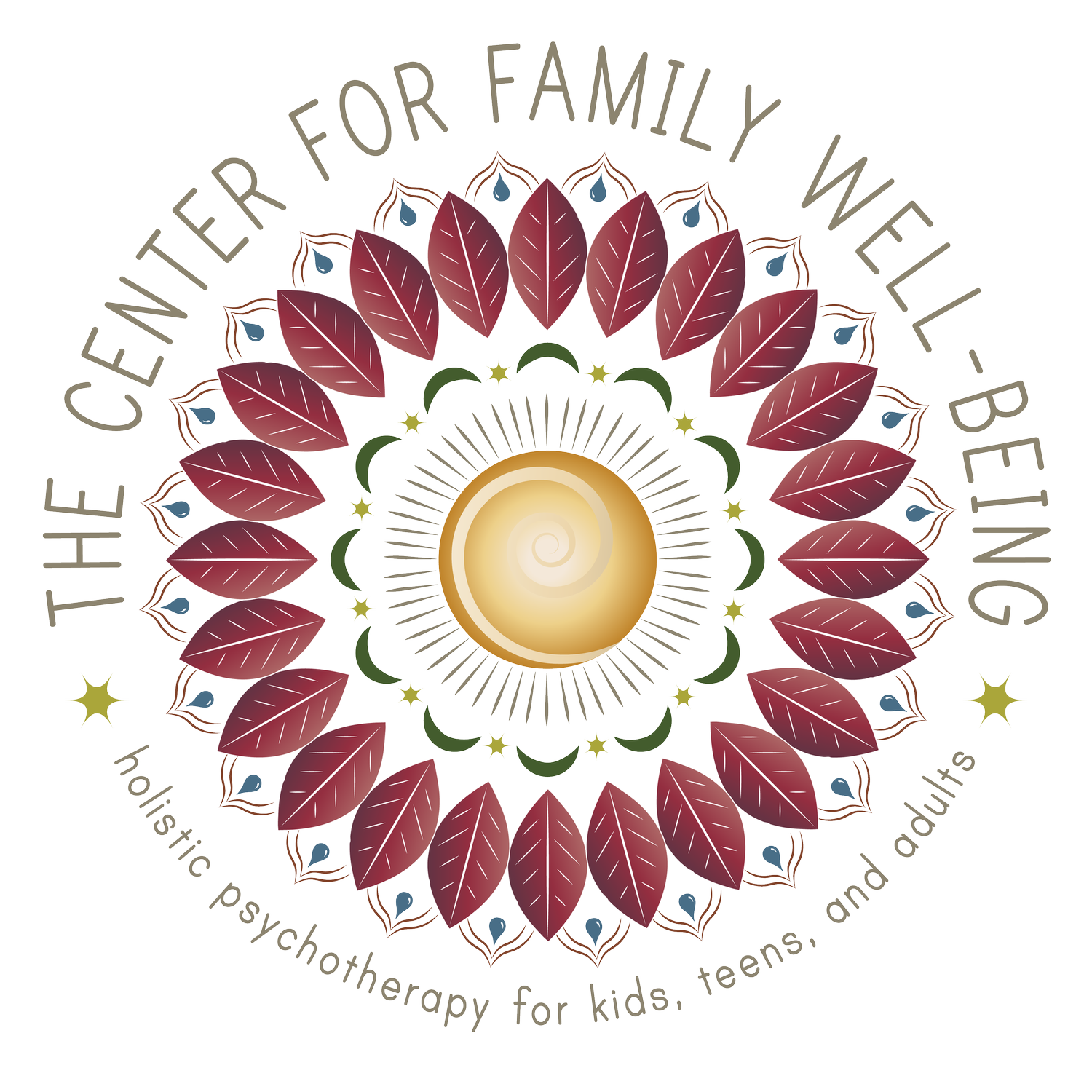SPRING 2021: This Moment Matters
Introducing: HALT
Each newsletter, we introduce you to a tool that you can easily learn and incorporate into your routine. This Spring, we invite you to HALT. Drawing inspiration from the decades-old recovery model, HALT is an acronym that stands for Hungry, Angry/Anxious, Lonely, & Tired. In moments of unease, HALT is a gentle reminder to tune-in to our basic needs for self-care and connection so that we can address discomfort and proceed mindfully.
It sounds so simple, and yet who among us can’t recall a time when we were so irritated, or so tired, or so inexplicably stressed—only to come to remember that, in addition to whatever else was in the mix for us, we’d never paused for a healthy meal that day? Or to realize that we’d only had a few hours of rest the night before? Or to suddenly acknowledge that we hadn’t yet truly connected with anyone that day? Often, our stress writes a narrative that it’s insurmountable and that nothing can relieve our suffering, and so our suffering becomes doubly harmful: we experience the state itself, and then the additional meta-cognitive, existential stress of being in that state. But when we attend to our basic needs, we can lessen this struggle, allowing us to address specific challenges with greater clarity and more confidence.
Let’s review the components of HALT:
Hunger, of course, describes the most obvious physical condition of lack of food. As Gudrum Zomerland, MFT (licensed marriage and family therapist) writes, “We all know how important it is to have regular nutritional meals — preferably small in size and frequent in number. So I will not belabor this point here. But hunger can also point toward emotional needs: hunger for attention, for comfort, for understanding, or for companionship. It is very important that we have others in our lives who can give us their loving care. In 12-Step recovery circles these others are available in the “fellowships” of particular meetings. For other people these caring beings may be present in their spiritual communities, in their circle of friends, or other groups they attend. Just like we need grocery stores to take care of physical hunger, we need the community of like-minded people to fill our emotional needs. Therefore, the solution to emotional hunger is community.”
Anger is a normal, healthy emotion to experience. But it’s important to take time to understand where your anger is coming from, and how to alleviate it. Anger can vary from mild irritation to full-blown rage, and it can be a reaction to stress, failure, or injustice. If we take the time to examine where our anger is coming from, we are much more likely to react in measured and thoughtful ways, rather than lashing out or shutting down. We can take the time to find a meaningful channel for expressing our anger, such as through a creative medium, physical activity, or direct address.
Loneliness is ultimately a normal part of the human existence, but “Even when people surround us,” Cyndi Turner, LCSW, LSATP, MAC describes, “we may not be actively interacting with them. What’s more, with all of our modern technology, many of us are plugged in electronically but not connected emotionally. Think about the number of times you may have made a problem much worse in your head by imagining the situation into a catastrophe. Once you actually talked out what was wrong, you gained a much more positive perspective. It’s generally a good idea to reach out every day and connect face-to-face with other people, whenever possible. Isolation can be a breeding ground for depression and unhealthy choices. Even brief encounters can help reduce feelings of loneliness and have a positive impact on well-being.”
Tiredness is sometimes difficult to avoid in our hectic culture. But chronically under-addressed tiredness, or exhaustion, can wreak havoc on our bodies and minds. And whereas it is often implausible to simply drop everything and take a nap, it is always possible to acknowledge our feeling of fatigue, and to recognize that it may be inhibiting our ability to thrive or excel in the moment. When we acknowledge what is holding us back, we lend ourselves greater compassion and understanding. If we cannot rest immediately, we can attempt to make adjustments to our day or to set boundaries going forward so as not to further compound the state. If you are exhausted after a long day of work, for example, can you articulate this to a family member prior to engaging in conversation?
HALT can also give you an opening to feel empathy rather than annoyance. We all know the feeling of “not being at our best.” So the next time you feel yourself or a loved one becoming overwhelmed, take a moment and HALT. Examine these common triggers of distress, and gift yourself with the time and attention to get your needs met in this current moment. Because this moment matters.

